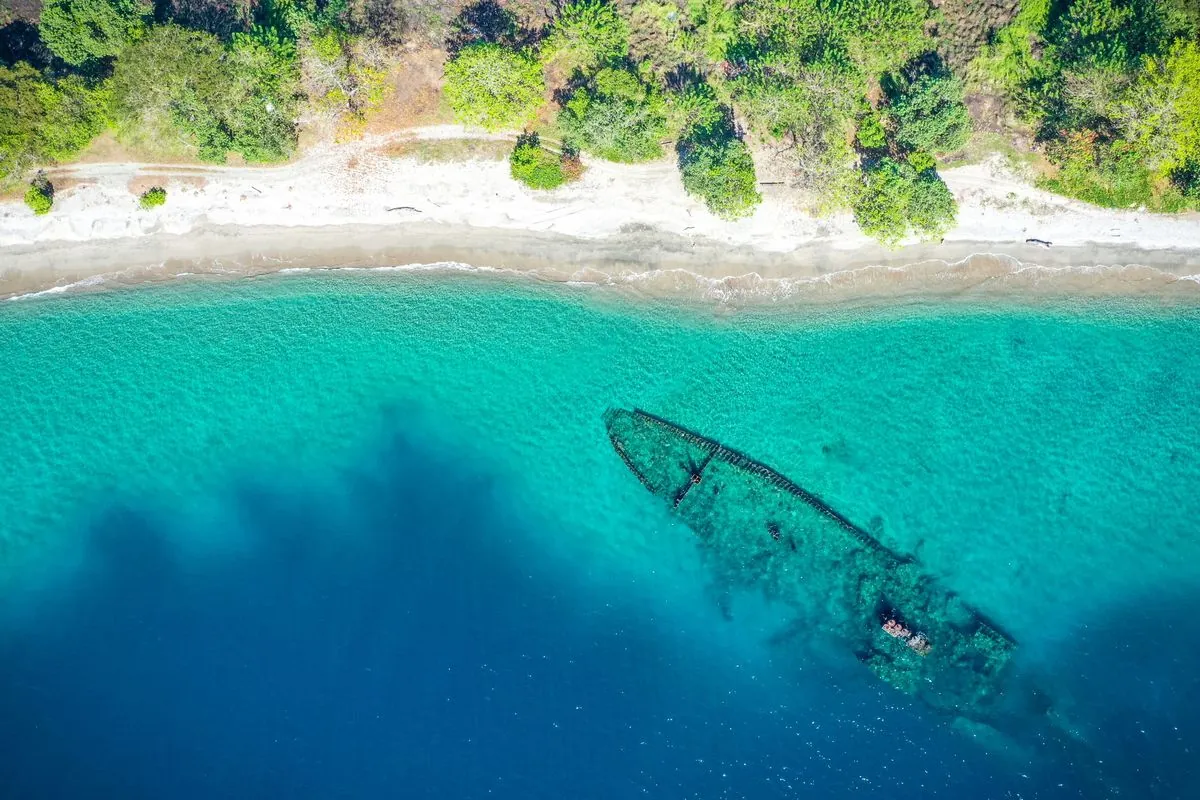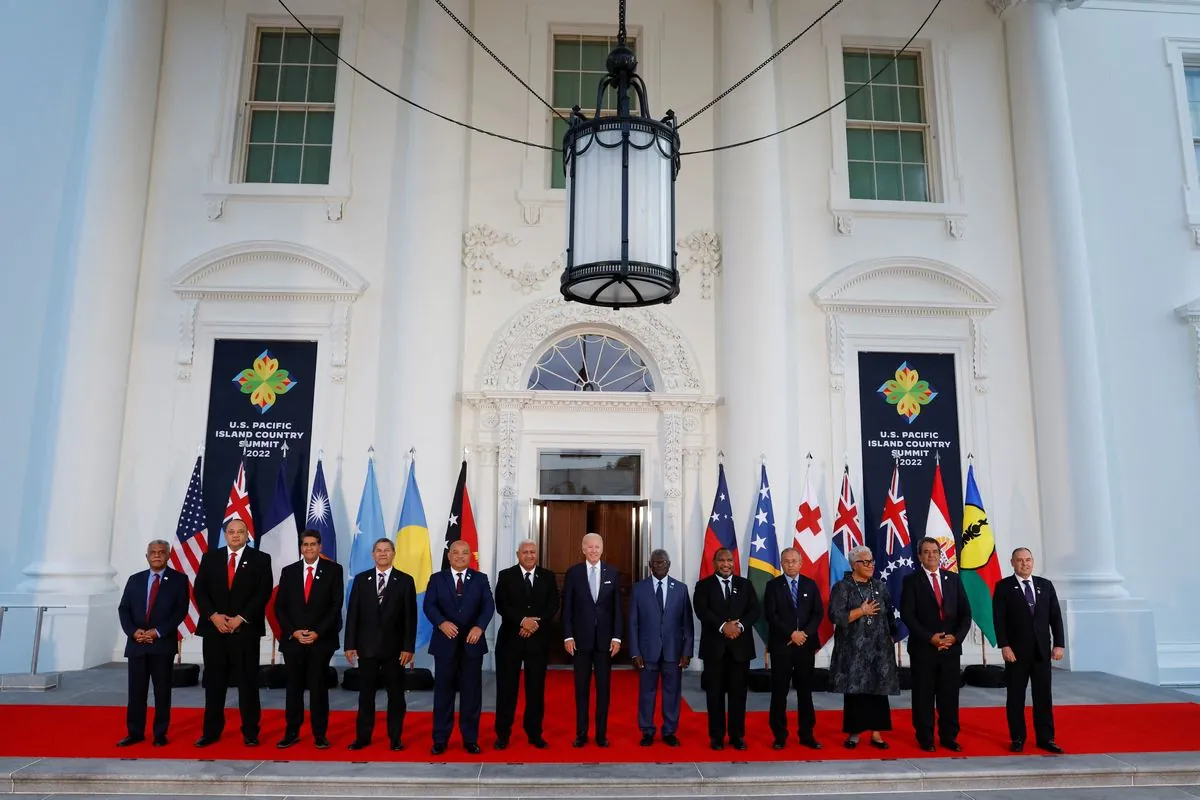Global Powers Vie for Influence in Pacific and Africa
A modern "Great Game" unfolds as China and the U.S. compete for influence in the Pacific and Africa. Nations caught in the middle seek to maintain autonomy amidst increasing geopolitical tensions.

In a contemporary echo of the 19th-century "Great Game," global powers are engaged in a new competition for influence across the Pacific and Africa. This modern rivalry, primarily between China and the United States, is reshaping international relations and challenging the autonomy of smaller nations caught in the crossfire.
The concept of the "Great Game" originated in 1840, coined by a British colonial officer in Afghanistan to describe the imperial rivalry between Britain and Russia. Today, nearly two centuries later, a similar dynamic is unfolding on a global scale, with the Pacific islands emerging as a key battleground.
China's expanding presence in the Pacific has raised concerns among Western powers. Beijing's strategy includes substantial development aid and security agreements with island nations. A notable example is the 2022 security pact with the Solomon Islands, which alarmed the U.S. and its allies. China has also funded projects like Vanuatu's new presidential palace, further cementing its influence in the region.
In response, the United States and Australia have intensified their engagement with Pacific nations. President Biden convened a forum with Pacific leaders in 2023, pledging hundreds of millions in development assistance. Australia has opened new embassies and increased aid to the region over the past five years.

The competition extends beyond the Pacific. In Africa, the U.S. is supporting the revival of the Lobito Corridor, a century-old railway linking the Democratic Republic of Congo to Angola. This project is seen as a counter to China's Belt and Road Initiative, announced in 2011, which has established significant infrastructure across the developing world.
However, nations caught in this new "Great Game" are wary of taking sides. As Ricardo Soares de Oliveira, an Oxford University professor, notes:
"Angola is doing the smart thing many African countries are now doing: they want to be friends with everyone but they don't want to be owned by anyone."
This sentiment echoes across the Pacific and Africa, where countries seek to maintain their autonomy while benefiting from increased international attention and investment.
As this geopolitical chess match unfolds, the global balance of power continues to shift. Since 2014, China's GDP has surpassed that of the United States in terms of purchasing power parity, underscoring the changing dynamics of global influence. The Pacific Ocean, covering approximately 63 million square miles and home to 14 UN-recognized sovereign states in Oceania, has become a critical arena in this evolving international landscape.
The challenge for smaller nations lies in navigating these turbulent waters without compromising their independence. As global powers vie for strategic advantage, the true test will be whether this new "Great Game" can yield mutual benefits or if it will lead to increased tensions and instability in these vital regions.


































